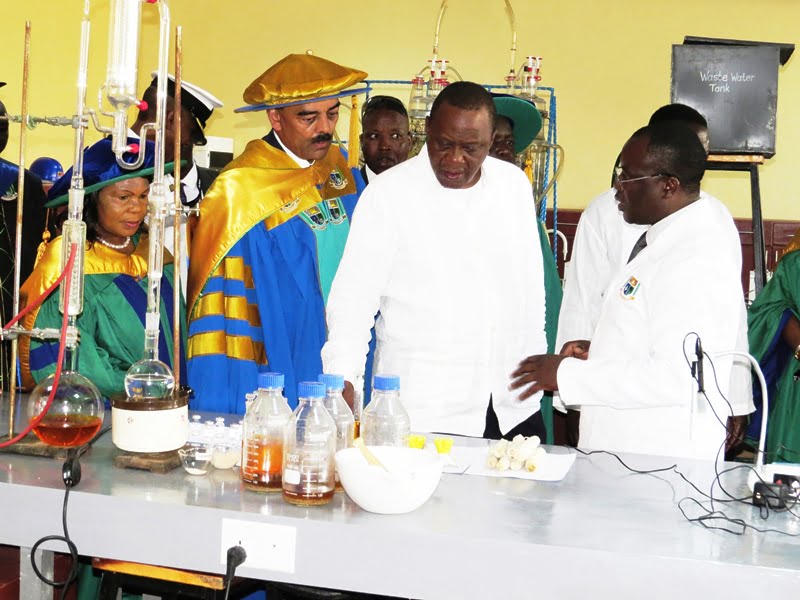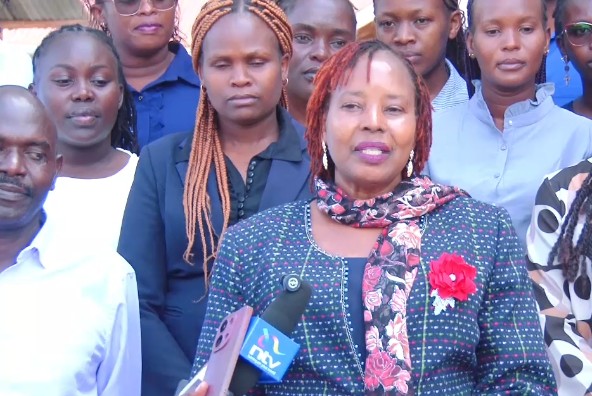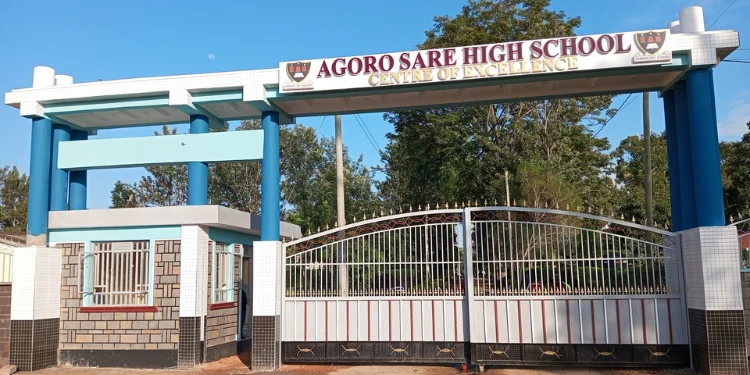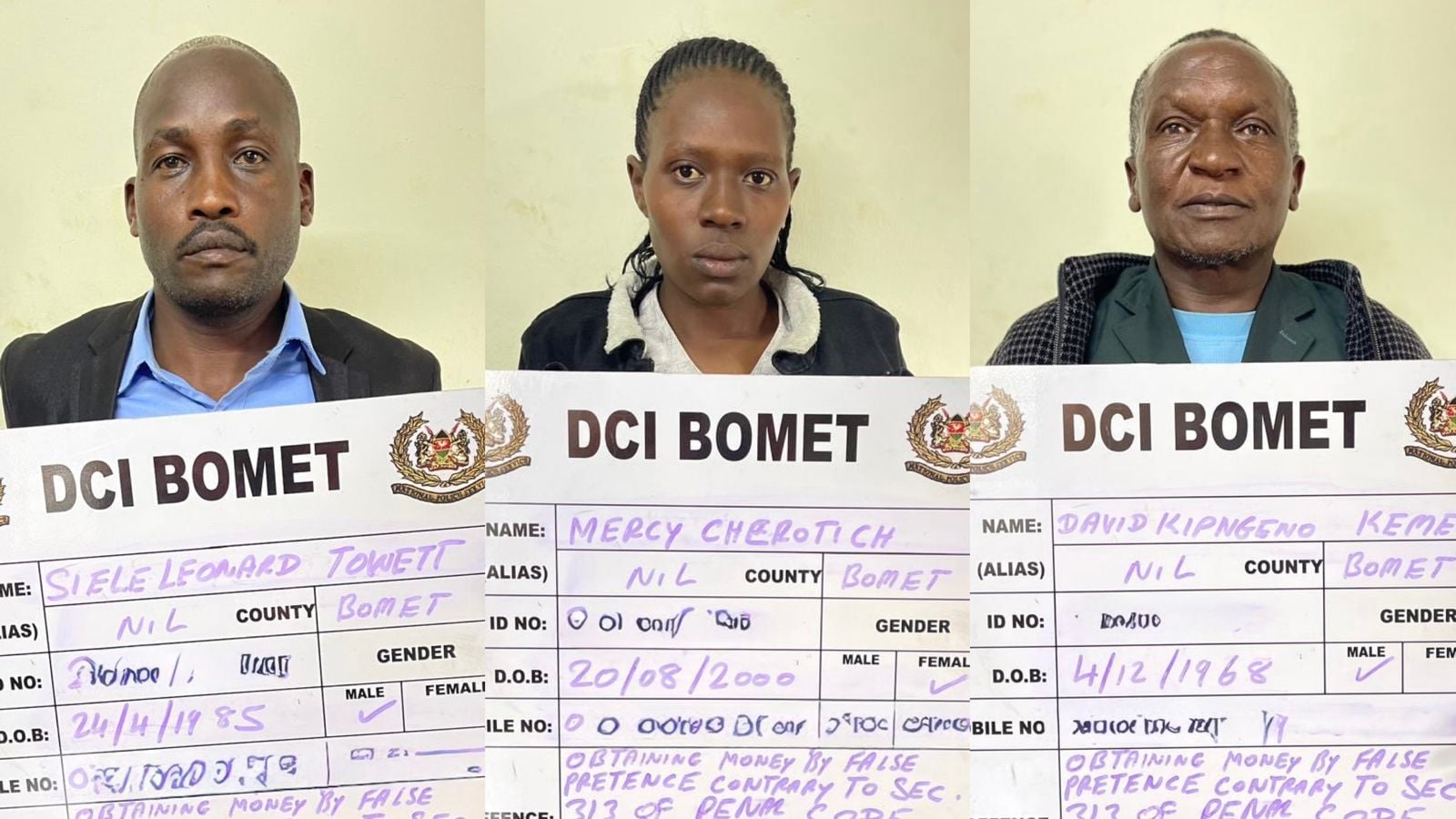By John Majau
Scientists at Meru University of Science and Technology (MUST) have invented a simple method of recycling human waste into animal feed and fertilizer.
The project dubbed Bio Resource Based Sanitation, is already in the pilot stages at Kunene primary school located just opposite the institution at Nchiru, Tigania West Sub- county.
The university is undertaking the project in collaboration with Aston University in the United Kingdom under the Newton Utafiti Fund, which builds research and innovation partnerships.
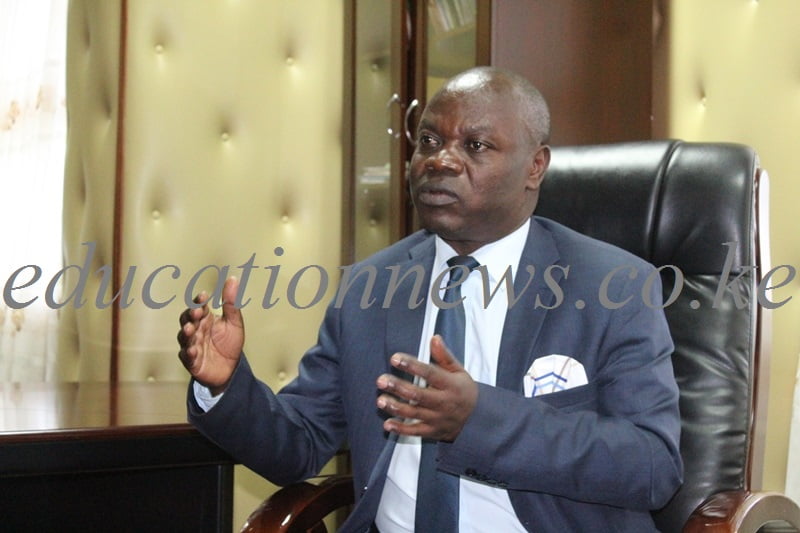
Trials started in September last year for the project that brought together four departments at the university – microbiology, mechanical, civil engineering and business.
The researchers collect human waste from the school where they have put up toilets that separate urine from stool, and take it to the research centre at the institution where it is transformed into animal feed and organic fertilizer.
Joy Irungu, the lead researcher, explained how they breed the black soldier fly, which is used to recycle human waste.
“We enclose the flies into a net where they lay eggs which hatch into larvae but before they get to pupae stage, they need to eat a lot and this is when we introduce them to the waste.”
The larvae feed on human, kitchen waste or even cow dung; they grow into pupae ready to become grown flies. After consuming the waste, what remains is a black substance.
This process takes about 10 days and at the optimum larvae stage, the scientists “harvest’ the larvae by killing them.
They then dry and mill them into powder to produce animal or fish feed rich in proteins that is mixed with other feeds.
Before the product is packaged, it is taken through testing at the laboratory to ensure it is fit for animal consumption.
The dried larvae may also be fed on chicken just like they eat them from decaying matter especially those that free range.
However, some larvae are let to grow into flies, completing the cycle.
“The larvae contain high levels of protein at 60 per cent that is even more than is contained in Omena (40 per cent) and when it is added to other types of feed, it is very nutritious. The black substance is organic fertilizer which is a good soil conditioner,” said Ms Irungu.
“By using this simple process, we have addressed health problems arising from poor sanitation which is a global crisis and at the same time manufactured animal feed and fertilizer,” she added.
Ms Irungu did her Bachelor of Science in Agricultural Engineering at Egerton University in 2001 and a master’s degree in Environmental Engineering and Management at the Jomo Kenyatta University of Agriculture (JKUAT) in 2010 before she started lecturing.
She has completed her PhD studies in sanitary engineering at the UNESCO-IHE Institute for Water Education (Netherlands) and will graduate in December.
One of the challenges she has faced so far is acceptability of the project, since most people have a negative attitude towards human waste; the larvae at the centre have a daily capacity to process three tonnes yet they are currently getting only 200 kilos.
“Some people say they cannot stand the sight of stool being collected but what they don’t know is that by digging pit latrines and depositing it there, it creates more problems,” she said.
While the pits get full and have to be emptied manually which is unhygienic, more have to be dug, taking unnecessary space.
Besides, human waste in the pit latrines contaminates ground water and produces high levels of carbon dioxide and methane gases which when released to the atmosphere contribute to global warming, Ms Irungu explained.
The project has however received praise from members of the community especially at Kunene primary school where the management says they had a problem with pit latrines.
“It came at the right time when we were about to dig more latrines after the ones we had filled up. But we did not have enough space since most of our land is occupied by class rooms. It was God-sent,” said Julius Kathurima, the school Board of Management chairman.
The university intends to take up the project first as a Community Social Responsibility (CSR) activity where they will build the toilets in schools or shopping centres and engage the youth, women and people living with disability to run them, vice chancellor Prof Romanus Odhiambo said.
“They will have an income by charging people in need of toilet facilities and we will be collecting the waste for processing,” said Prof Odhiambo.


